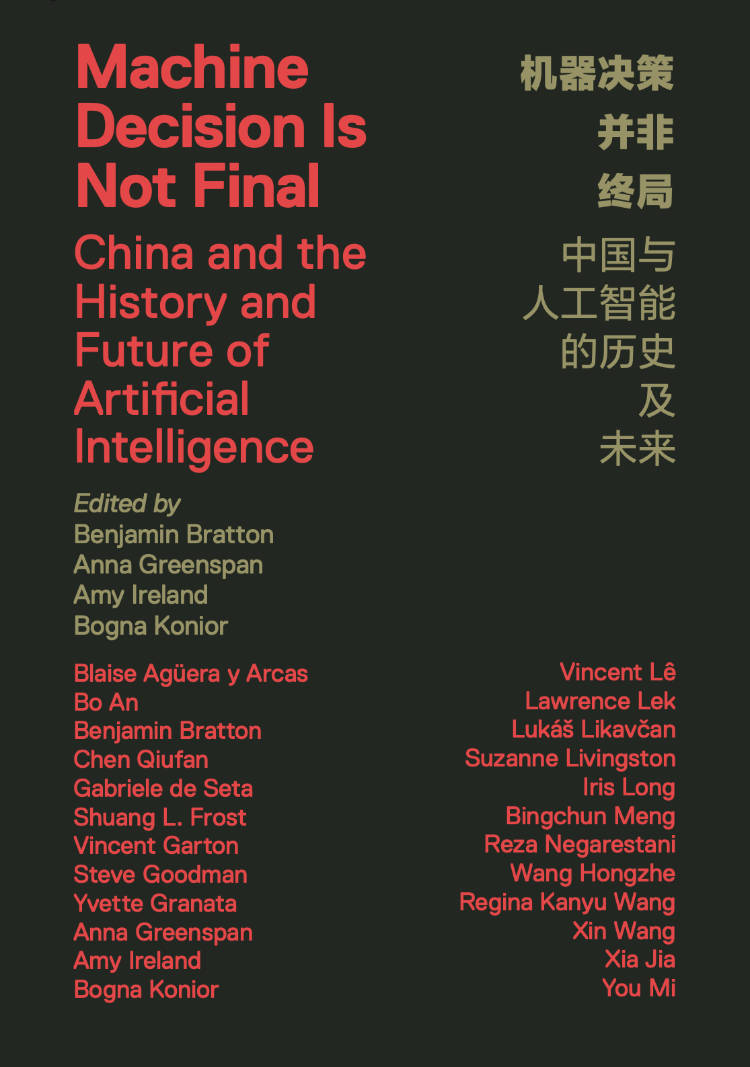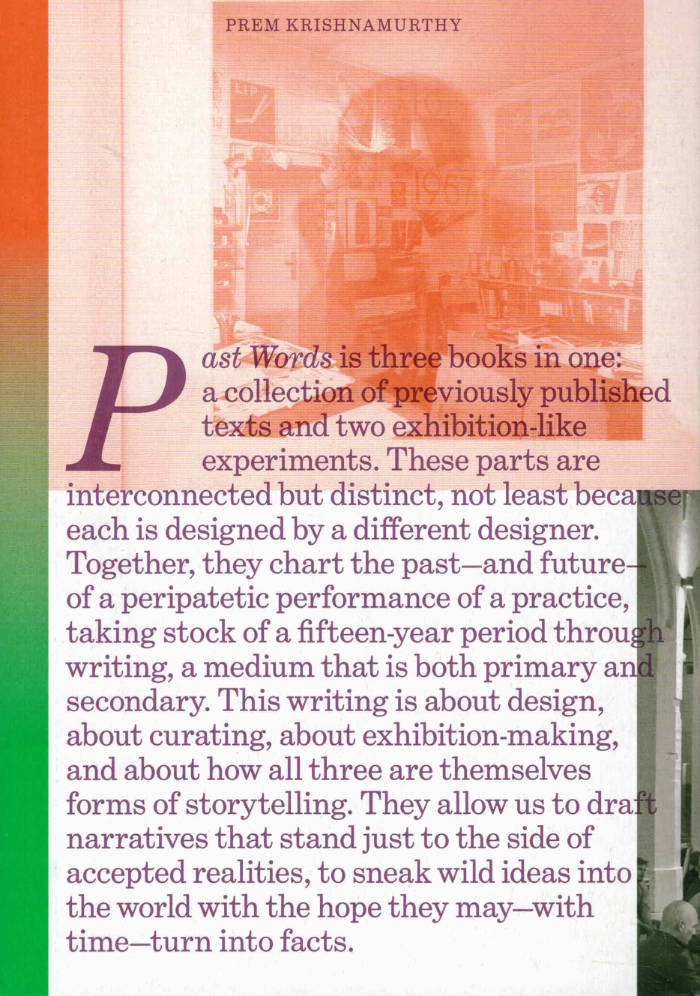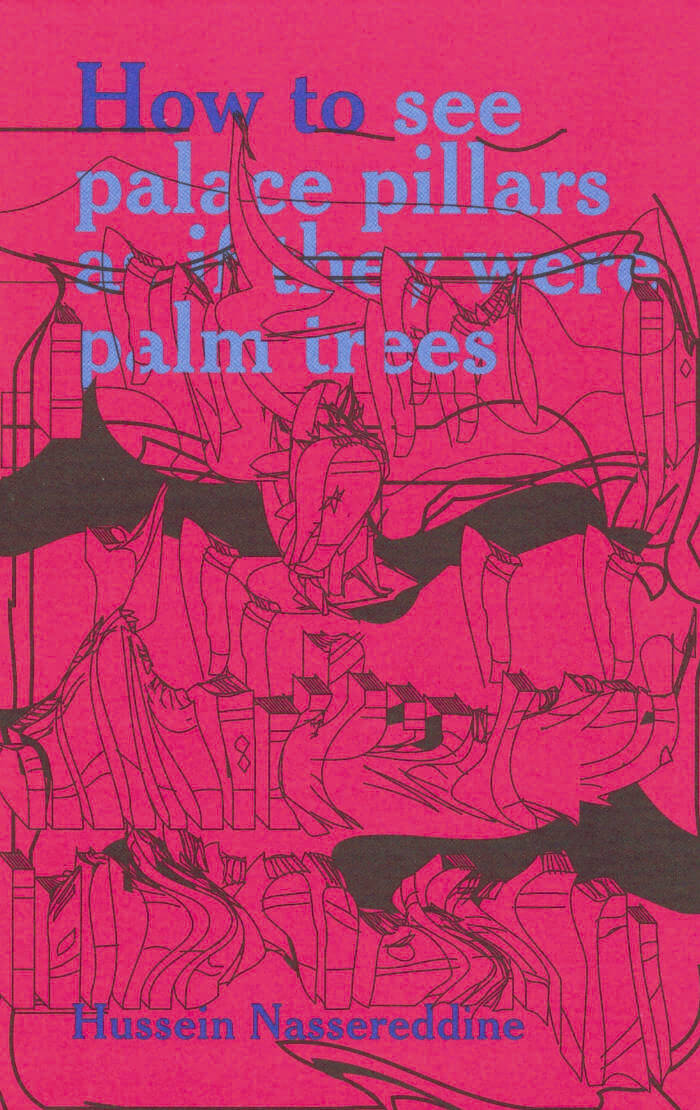
BEZNA
Irina Gheorghe ed., Florin Fleuras ed., Alina Popa ed.
Bezna is darkly glowing dead thinking, cosmic pessimism, hairy autonomy, inner reptilians, limbo sighs, horrendous pink volumes, underground nematodes, happy dismemberment, haunting prehumanism, compassion crises, glowing horror, sinister moods, aesthetic autophagia, postspectacle shelters, eternal stillness, future plague, decomposing knowledge, ouroboric moves, idiot nonknowing, shadow bodies, netherworld excavations, imperceptible evil, hyperbolic specters and news from Cioran.
Bezna's first issues were edited by Florin Flueras, Veda Popovici and Arnold Schlachter, the last ones by Florin Flueras, Irina Gheorghe and mainly by Alina Popa, in the memory of which this anthology is published.
'Bezna' in Romanian means consistent darkness + diffuse fear
Edited by: Alina Popa, Florin Flueras, Irina Gheorghe, Veda Popovici, Arnold Șlahter, Claudiu Cobilanschi
Contributions by Roi Alter, Aparat Security, Aulos, Brynjar Abel Bandlien, Emil Cioran, Ciumafaiu, ClaudiuCobilanschi, Octavian-LiviuDiaconeasa, Valentina Desideri, Bogdan Draganescu, Ion Dumitrescu, Florin Flueraş, Irina Gheorghe, Amy Ireland, Sarah Jones, Anastasia Jurescu, Kroot Juurak, Deanna Khamis, Mihai Lukacs, Nicola Masciandaro, G.A. Neagu, Dorothee Neumann, Cosima Opartan, Paradis Garaj, Alina Popa, Veda Popovici, Arnold Slahter, Taulipang Indians of Guyana, The Bureau of Melodramatic Research, The Presidential Candidate, Eugene Thacker, Stefan Tiron, Dylan Trigg, Tea Tupajic, Akseli Virtanen, Ben Woodard.
Language: English







